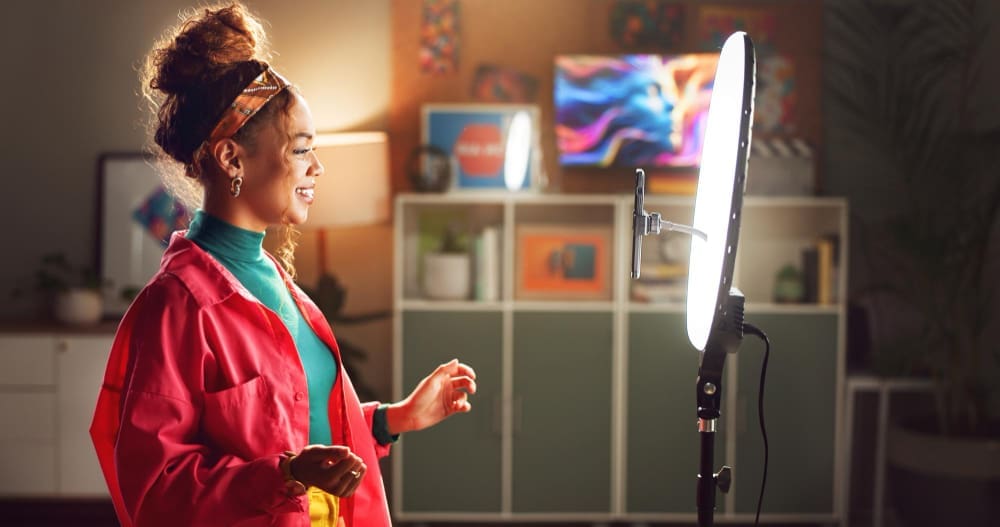New York, NY – The rising influence of social media personalities in marketing has been transforming how companies promote their products, with influencer-driven advertising now taking center stage. As more brands turn to these digital creators for endorsements, the global influencer marketing industry is projected to grow by 36%, reaching a value of $33 billion in 2025, according to Statista.
Fitness influencer Ashton Hall recently demonstrated the power of this trend when his morning routine video, featuring Saratoga Spring Water, went viral. Robbert Rietbroek, CEO of Primo Brands Corp, the company that owns Saratoga, praised Hall’s unintentional endorsement during an earnings call, highlighting the significant impact individuals can have on brand visibility.
This shift towards influencer marketing is not limited to niche brands. Established names like Coach have also benefited, as the luxury accessories brand saw a resurgence in popularity among Gen-Z consumers thanks to TikTok influencers. With traditional advertising budgets tightening amid economic challenges, companies are finding more value in collaborating with content creators than in conventional marketing strategies.
Kenny Gold, head of social and influencer at Deloitte Digital, notes that while overall marketing spending is contracting, the creator economy is thriving. Similarly, WPP Media’s business intelligence leader Kate Scott-Dawkins pointed out that 2025 will mark the first year when ad revenue from user-generated content surpasses that from professionally produced media, underscoring the shifting dynamics in the advertising industry.
Unilever plc is also adapting to this trend, as CEO Fernando Fernandez announced plans to increase investments in influencer partnerships significantly, shifting up to 50% of its ad budget to social media. This move underscores consumer skepticism toward corporate branding and reflects a broader industry trend towards more authentic and personal connections with audiences.
Brands are increasingly favoring smaller, specialized influencer agencies to reach targeted demographics. Alex Burgess, global president of The Goat Agency, emphasized the cost-effectiveness and immediate feedback loop that influencer marketing provides, which traditional channels lack.
However, the strategy is not without risks. The rapid nature of social media means that mistakes can be magnified quickly, as seen in Adidas AG’s 2022 fallout with Kanye West. In response to such vulnerabilities, companies are exploring AI-generated influencers as a potentially safer alternative, offering controlled brand representations without the unpredictability of human personalities.
Despite these challenges, influencer marketing continues to gain traction, with companies like Publicis Groupe investing heavily in influencer marketing firms, indicating its central role in future advertising strategies. The appeal lies in the ability to foster personal connections and authenticity, particularly appealing to Gen-Z consumers, as noted by Jay Sinha of Temple University.
As the landscape evolves, the distinction between human and AI influencers may become a crucial factor, posing both opportunities and challenges for the industry’s future.








